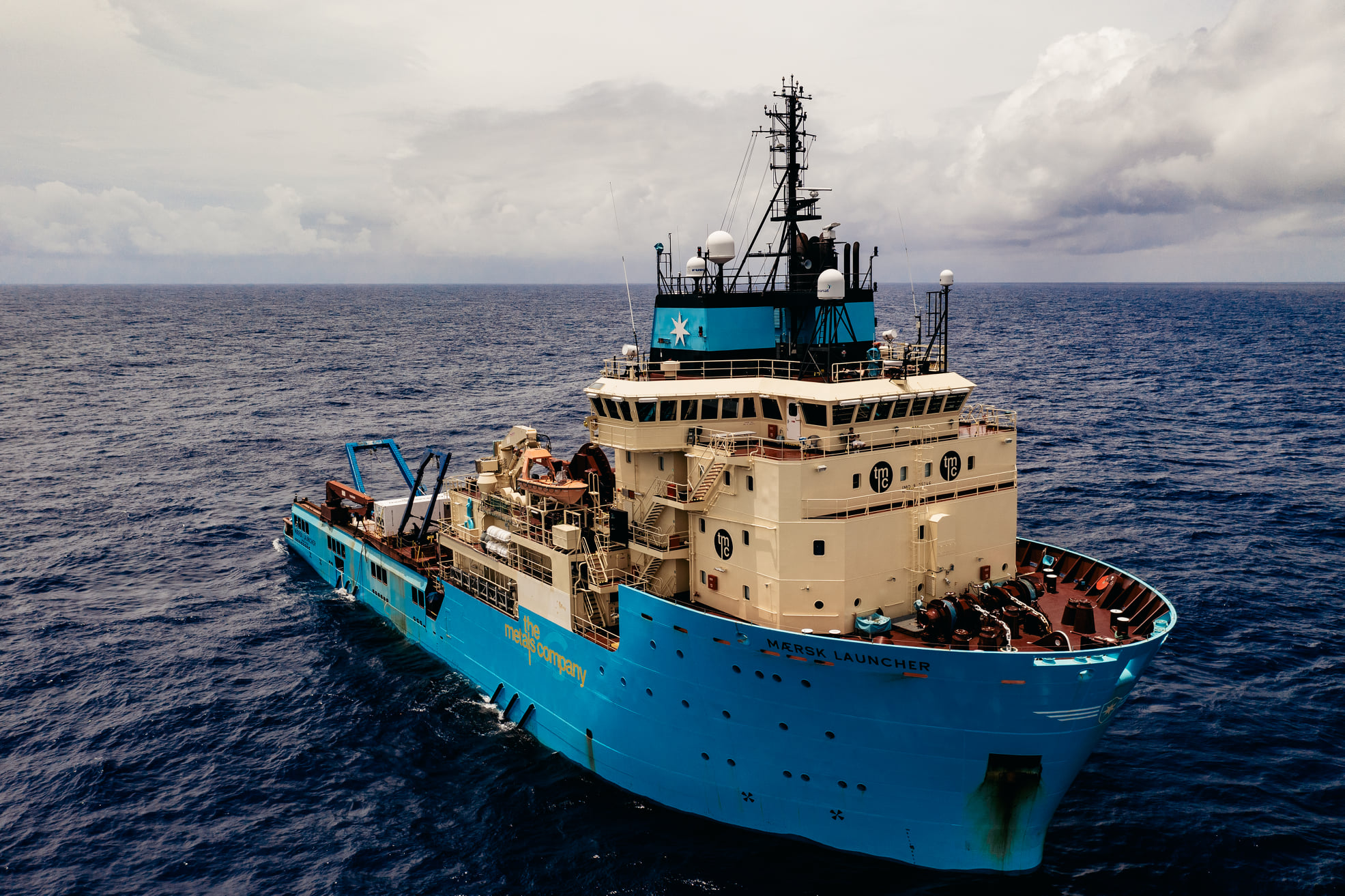Background
Vancouver based The Metals Company (TMC) holds concessions for exploration of polymetallic nodules in the Clarion Clipperton Zone, in Pacific international waters, granted to it through the International Seabed Authority (ISA) because of its partnerships with the Pacific Island country of Nauru and the Kingdom of Tonga.
TMC’s local subsidiaries are called NORI (Nauru Ocean Resources Incorporated) and TOML (Tonga Offshore Mining Limited). These exploration concessions were granted to these countries and TMC because of international agreements under UNCLOS (United National Convention on the Law of the Sea) that say that if there will ever be deep sea mining of the international seabed (declared the Common Heritage of Humankind), it must benefit developing countries. TMC would not be able to have these exploration concessions without the partnerships with Nauru and Tonga.
TMC is running out of money. The ISA is still years away from finalizing the rules, regulations and procedures for deep sea mining, which include, among others, associated standards and guidelines, rules for the sharing of economic benefits, and specifics in regard to Regional Environmental Management Plans. TMC has lobbied the U.S. government to start granting permits to mine in international waters. TMC wants the U.S. to grant these permits under a 1980 Legislation - Deep Seabed Hard Mineral Resources Act (DSHMRA) that has never been used to grant permits to mine the seabed.
Recent Developments
On April 24 Trump signed an Executive Order that “establishes the U.S. as a global leader in seabed mineral exploration and development both within and beyond national jurisdiction” and instructs the National Oceanic and Atmospheric Administration (NOAA) to expedite permits for companies to mine in both international and U.S. territorial waters.
On April 29 TMC submitted an application (through The Metals Company USA LLC, a subsidiary of TMC) for two exploration licenses and one mining permit under (DSHMRA). It appears that the mining permit may be for an area in international waters that was granted to TMC for exploration by the ISA. This is TMC’s most advanced project - a NORI concession: “25,160 square kilometers in the Clarion Clipperton Zone which includes areas that contain the Company’s already indicated and measured resources.” We don’t yet have confirmation for a possible overlap between concessions granted to TMC for exploration by the ISA and its application for mining permits from the U.S.
The International Seabed Authority has responded strongly.
- “the legal mandate to regulate mineral-related activities in the Area (the seabed beyond coastal countries’ national jurisdictions) rests solely with ISA, as enshrined in the United Nations Convention on the Law of the Sea (UNCLOS).”
- “ISA remains fully committed to upholding its legal mandate under UNCLOS. Any exploration or exploitation activities in the Area must be conducted under a contract with ISA and in accordance with the rules, regulations and procedures it has established.”
- “While the US has not ratified UNCLOS, it recognizes the Convention as reflecting customary international law, including the legal framework governing seabed activities, which is binding on all States including the United States.”
- “If powerful States or corporations attempt to bypass the international legal framework established by UNCLOS, they risk undermining its very foundation: preventing unilateral actions that privilege the interests of the few at the expense of the many. UNCLOS was crafted to ensure that the deep seabed—recognized as the common heritage of humankind—is governed collectively, not dominated by those with the greatest financial or technological advantage. Circumventing the regulatory authority of ISA not only breaches international law, but also erodes trust, exacerbates global inequality and silences the voices of least developed countries, landlocked developing countries and small island developing States—who are equal stakeholders in the stewardship of the Area.”
Some Key Issues and Asks of the Canadian Government
1) There are no regulations for DSM in international waters - not at the international level through the ISA and not in the U.S.
2) TMC’s application is asking the US to breach customary international law as under UNCLOS (ratified by 169 states) permits to mine in international waters can only be granted by the ISA. The Secretary-General of the ISA, Leticia Carvalho, said on March 28 2025: “Any unilateral action would constitute a violation of international law and directly undermine the fundamental principles of multilateralism, the peaceful use of the oceans and the collective governance framework established under UNCLOS.”
3) TMC’s application is asking the U.S. to undermine the multilateral institutions and processes that are meant to protect our shared ocean.
4) There are big question marks now on what will happen to the benefits Tonga and Nauru thought they would get if mining would go ahead under the ISA. If TMC makes a deal with Tonga and Nauru for some benefits from mining under U.S. permits, that may put Nauru and Tonga at legal risk of breaching their own commitments as signatories of UNCLOS.
5) Thirty-two countries have declared that they want a ban or precautionary pause of moratorium on DSM. Canada has stated “seabed mining should take place only if effective protection of the marine environment is provided through a rigorous regulatory structure, applying precautionary and ecosystem-based approaches, using science-based and transparent management, and ensuring effective compliance with a robust inspection mechanism.”
We call on Canada to step up during the upcoming ISA Council (7-18 July, 2025) and Assembly (21-25 July, 2025) meetings to:
- publicly denounce TMC’s attempt to circumvent the ISA and international law by asking the Government of the U.S. to grant it a permit thereby breaching international customary law and undermine multilateralism, which puts the sustainability of our oceans at risk.
- speak out against any nation undermining international customary law and multilateralism by granting permits for deep sea mining in international waters
- Publicly re-assert Canada’s position supporting a moratorium on deep sea mining to protect the Common Heritage of Humankind
- Insist on regulatory provisions that respect Indigenous rights to grant or withhold consent
- Legislate a ban on DSM in Canadian territorial waters.
